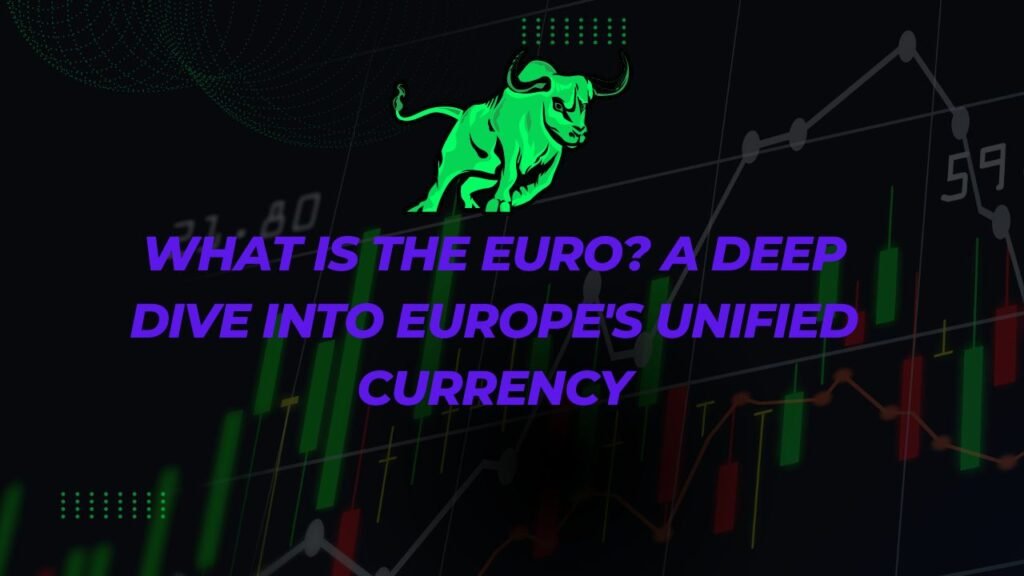
What is the Euro? This query often arises in discussions about global economics and finance. In this blog, we will explore the Euro, the currency that binds much of Europe together, shaping economies and influencing global markets.
The Genesis and Evolution of the Euro
A Historical Perspective of the Euro
The Euro was introduced in 1999, as part of a broader initiative to integrate European economies. It started as a virtual currency for cashless transactions and accounting purposes, with Euro banknotes and coins entering circulation in 2002.
Member Countries of the Eurozone
The Eurozone, consisting of countries that have adopted the Euro as their official currency, is a powerful economic bloc. This includes major economies like Germany, France, Italy, and Spain, among others.
The Euro’s Impact on Global Economics and Trade
The Euro in International Trade
As one of the world’s leading reserve currencies, the Euro plays a significant role in international trade and finance. Its value influences global markets, trade agreements, and economic policies.
The Euro and European Economy
The adoption of a single currency has facilitated easier and more efficient trade within the Eurozone, but it also means that member countries share monetary policy, controlled by the European Central Bank.
Real-Life Implications: How the Euro Affects Daily Life and Business
Advantages and Challenges for Eurozone Residents
For residents of the Eurozone, the Euro brings benefits like no currency exchange fees and price transparency across borders. However, it also means that individual countries have less control over their monetary policy.
Euro and Business Operations
Businesses operating in the Eurozone enjoy reduced currency risk and lower transaction costs, contributing to a more integrated European market.
FAQs: Addressing Common Curiosities About the Euro
Q: How does the Euro affect travel and tourism in Europe?
A: The Euro simplifies travel and spending for tourists within the Eurozone, eliminating the need for currency exchanges between member countries.
Q: Can a country leave the Eurozone and revert to its former currency?
A: Technically yes, but it would be a complex and unprecedented process, with significant economic implications.
Q: How does the Euro compare to other major currencies like the US Dollar?
A: The Euro is one of the strongest and most traded currencies in the world, often compared with the US Dollar in terms of global influence and value.
Conclusion: The Euro’s Role in Shaping a United Europe
What is the Euro? It’s more than just a currency; it’s a symbol of European unity and economic collaboration. The Euro’s existence is a testament to the power of economic integration and its capacity to shape not just economies, but also political and social landscapes.
Whether you’re an economist, a traveler, or a curious learner, understanding the Euro is key to comprehending the broader dynamics of global finance and the unique economic experiment that is the European Union. The Euro stands as a bold statement of cooperation in an often-divided world, playing a crucial role in the narrative of global economics.